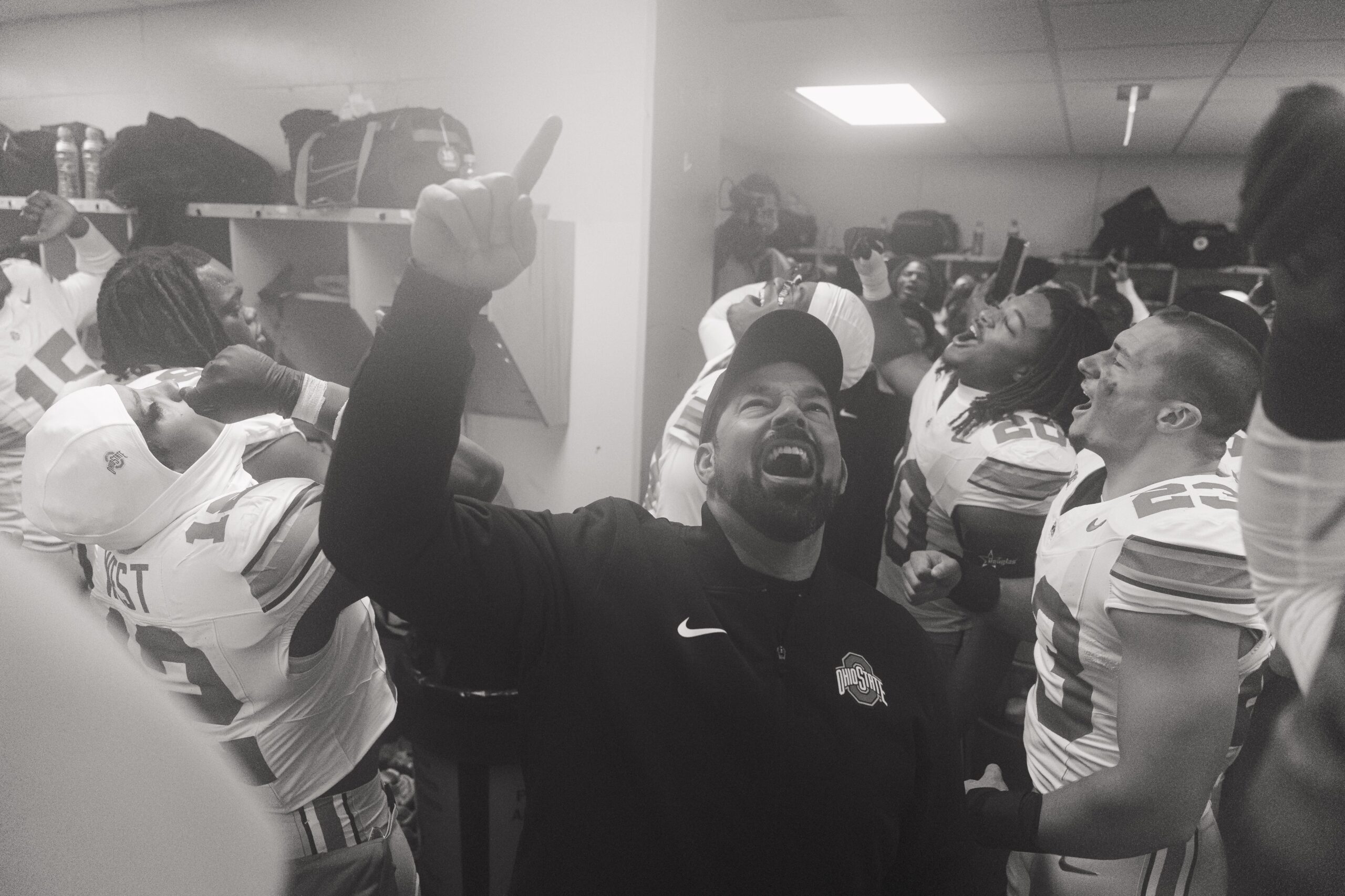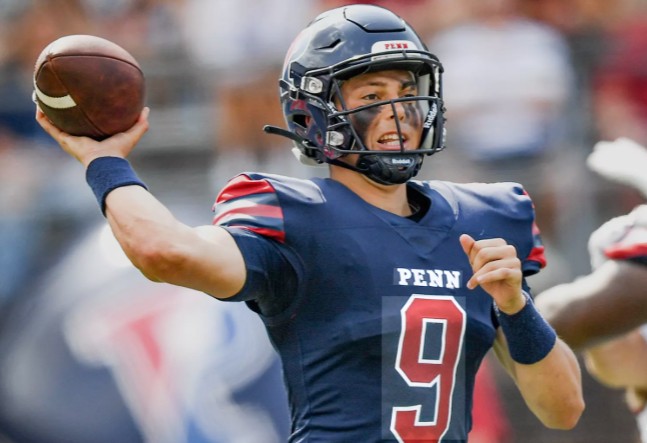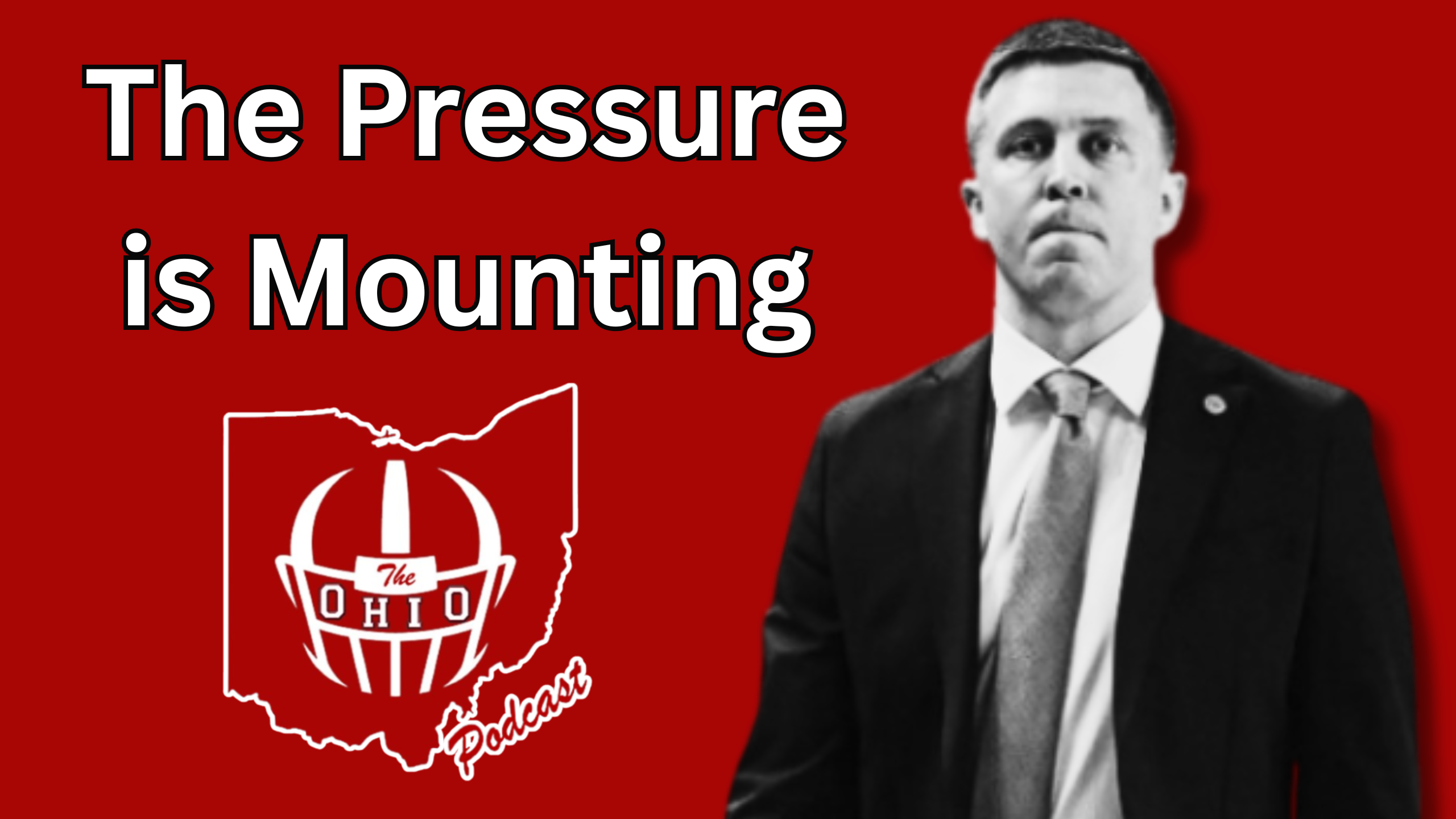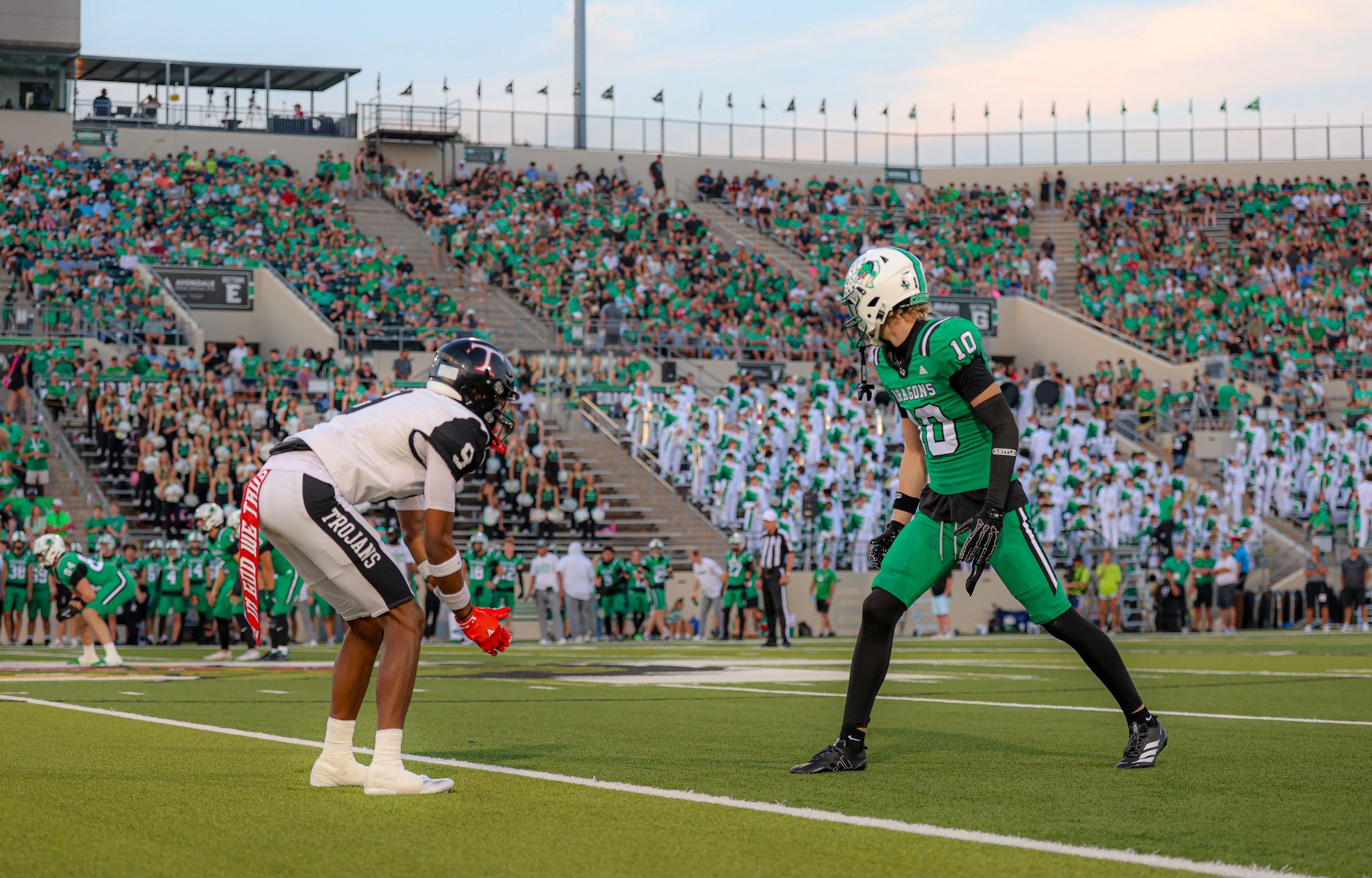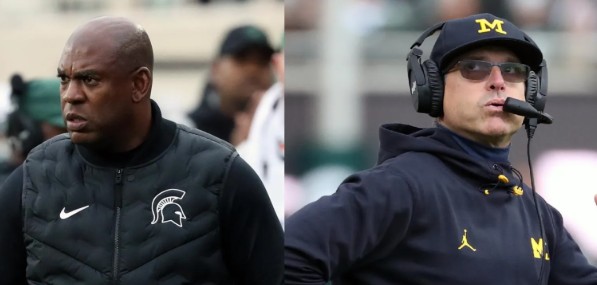
The NCAA has once again shown its inconsistency—and perhaps its hypocrisy—when it comes to how it enforces the rules. This week, Michigan State received one of the stiffest penalties in recent memory, while their in-state rival Michigan continues to skate by with little more than a slap on the wrist for a far more serious offense.
In a negotiated resolution with the NCAA and the Division I Committee on Infractions, Michigan State football was hit with a heavy set of sanctions: three years of wins vacated from 2022 to 2024 due to the participation of ineligible players, three years of probation, a $30,000 fine plus 1.5% of the football program’s budget, and restrictions on recruiting activities. Several former staff members also received show-cause orders. The penalties stemmed from recruiting inducements and improper benefits tied to former staff members Saeed Khalif and Brandon Jordan, as well as former head coach Mel Tucker’s failure to monitor their actions.

In response, Michigan State President Kevin Guskiewicz and Athletic Director J. Batt released a statement expressing both acceptance and disappointment. They emphasized that the current staff and players were not involved in the violations, highlighting that the school self-reported the issue and cooperated fully with the investigation. Despite their transparency and proactive approach, the NCAA still vacated three years’ worth of wins, effectively erasing the program’s progress during that time.
Meanwhile, the details surrounding the investigation raise even more eyebrows. Brandon Jordan, who briefly joined Ohio State’s staff in early 2024 before departing two months later, refused to cooperate with the NCAA’s enforcement staff despite multiple requests for interviews and records. His lack of cooperation only compounded Michigan State’s troubles and added to the lengthy list of show-cause penalties handed down.
But what’s truly frustrating to college football fans—especially in Columbus—is the NCAA’s selective enforcement. Michigan State’s infractions, while serious, pale in comparison to the systematic sign-stealing operation Michigan ran under Jim Harbaugh’s watch. That scandal rocked college football and called into question the integrity of competition itself. Yet despite undeniable evidence and public admissions of wrongdoing, Michigan’s punishment has been little more than a few self-imposed measures and a temporary suspension for Harbaugh. No vacated wins, and no postseason bans.

From an Ohio State perspective, it’s impossible to ignore the double standard. Michigan State self-reported a recruiting violation and cooperated—only to have their wins erased. Michigan, on the other hand, actively deceived opponents and undermined the spirit of the game, yet remains untouched in the record books. The NCAA’s message is clear: honesty and transparency will get you punished, while denial and deflection might just set you free.
As the Buckeyes prepare for another run at the College Football Playoff, Ohio State fans can’t help but shake their heads. The NCAA loves to preach about integrity and fairness, yet its actions continue to prove otherwise. Until the governing body applies its standards equally across all programs—especially to those wearing maize and blue—its credibility will remain as questionable as the motives behind its rulings.


